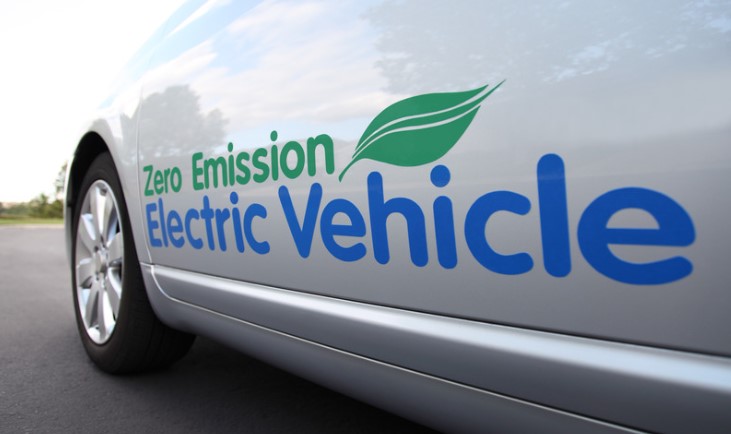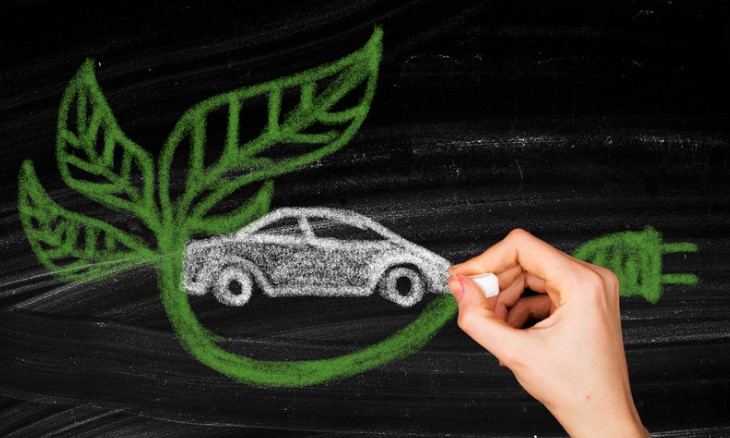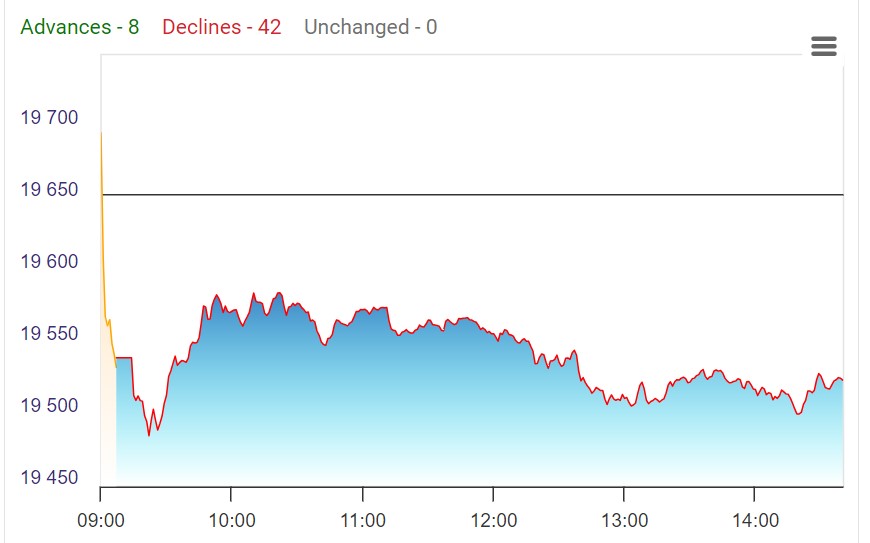July 8, 2024: India is gearing up to amend its electric vehicle (EV) policy to support automakers with existing investments in the country. This move comes amidst ongoing uncertainty over Tesla Inc.’s plans to establish a manufacturing facility in India.
The current policy, aimed at accelerating local production of high-end electric vehicles, presently favors new investments exclusively. Discussions are underway to address key concerns raised by automotive manufacturers.
Government sources indicate potential revisions that could extend incentives to plants producing both internal combustion engine vehicles and electric vehicles, facilitating larger investments and scalability for automakers. Approximately six major car manufacturers, including Volkswagen-Skoda, Hyundai-Kia, and VinFast, have shown interest in the Scheme for Manufacturing of Electric Cars (SMEC).
Automakers have highlighted two primary issues: the need to acknowledge existing investments and include facilities manufacturing traditional petrol and diesel vehicles alongside EVs. They argue that the current EV market share in India’s passenger vehicle segment is modest, making significant investments challenging to justify. No automaker has officially confirmed participation in the EV scheme since its announcement in March.
Under SMEC, the government plans to permit imports of fully built EVs valued at a minimum of $35,000 with a 15% import duty waiver for up to five years, contingent on a minimum $500 million investment in new manufacturing plants.
In April, Tesla CEO Elon Musk postponed a scheduled visit to India, where expectations were high for an announcement regarding Tesla’s local EV manufacturing plans.
“As Tesla delays commitments to local manufacturing, consultations are exploring ways to make the policy more inclusive for traditional automakers,” stated a source familiar with the discussions. “This could include allowing investments in facilities producing both ICE and EVs.”
Initially designed for new EV manufacturers, SMEC currently limits incentives to greenfield plants established within three years of government approval, with no provision for retrospective investment consideration.

“Adjustments are being considered to broaden the scheme’s appeal, potentially retroactively recognizing investments in high-end EV manufacturing,” explained a senior official involved in policy development.
A proposed cutoff date for pre-approval investments would make firms like VinFast eligible for SMEC incentives. VinFast has already commenced construction on a new facility in Tamil Nadu and plans to invest $500 million over the next five years.
Government officials are finalizing standard operating procedures for SMEC implementation and plan to conduct a second round of consultations with industry stakeholders to address concerns and finalize guidelines.
“The stringent localization requirements under SMEC pose challenges, particularly for components like batteries and semiconductors, where the Indian supplier ecosystem is still developing,” noted an official familiar with the discussions.
Despite these challenges, India’s market for vehicles priced above $30,000 (approximately Rs 25 lakh ex-showroom; about Rs 30 lakh on-road) is growing, driven by economic expansion and rising consumer purchasing power.
The government expects to open the SMEC application window shortly after finalizing the policy guidelines.
Earlier in March 2024, the Indian government approved a new Electric Vehicle (EV) policy aimed at bolstering India’s position as a premier manufacturing hub for EVs. The policy mandates a minimum investment of Rs 4150 crore with no maximum limit, incentivizing substantial financial commitments from automakers. Companies intending to benefit from the policy must establish manufacturing facilities within three years in India and commence commercial EV production within this timeframe.
Additionally, these companies are required to achieve a minimum of 50% domestic value addition within five years. To facilitate the transition, the policy permits limited imports of EVs at reduced customs duties for companies setting up local manufacturing facilities.
This report was cited Government Sources.






